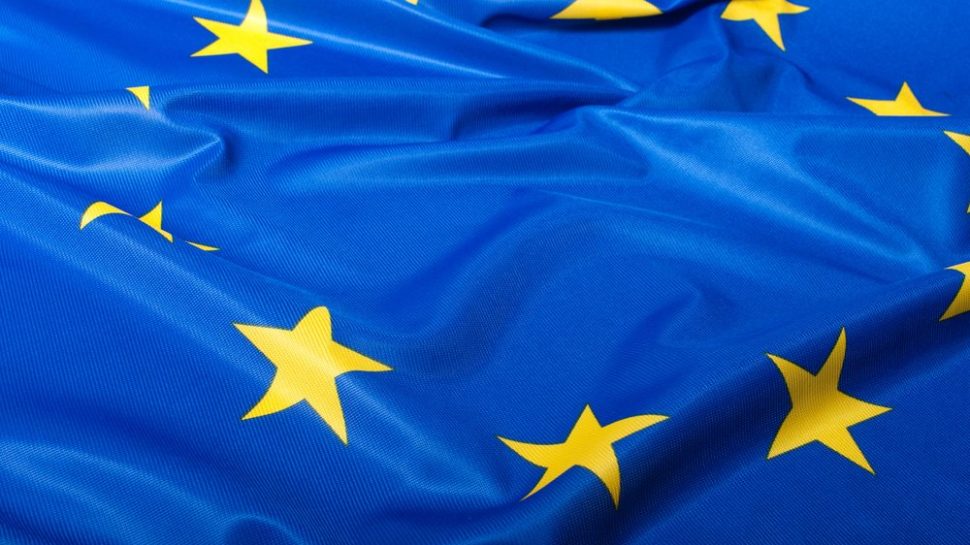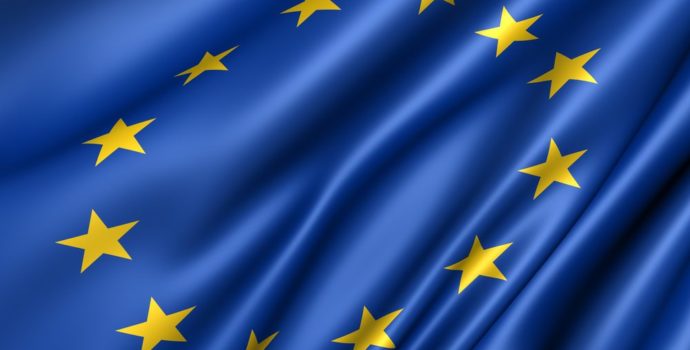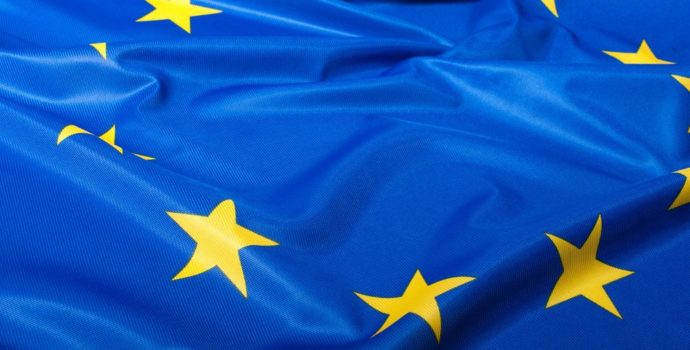European Commission Daily News – 3 April

Brexit preparedness: Customs authorities in the EU ready and prepared for ‘no-deal’ scenario
The EU regrets, but respects, the UK’s decision to leave the EU. Brexit has never been the EU’s preference. Nor has the EU been in favour of a so-called ‘no-deal’ scenario: the Withdrawal Agreement negotiated between the EU and the UK remains the best possible outcome. That said, the EU has been preparing since December 2017 for a ‘no-deal’, so that disruption can be minimised if such a scenario transpires. As things currently stand, the UK will leave the EU without a deal at midnight on 12 April (i.e. 00:00 13 April). The overall impact of a ‘no-deal’ scenario cannot be mitigated, but preparations continue within Member States, supported by the Commission, and much has already been achieved to ensure that national customs infrastructure and logistics are ready to handle such a scenario. Commission and Member State outreach to businesses in the area of customs and indirect taxation, which are among the main sectors concerned, has also helped EU27 traders dealing with the UK to get ready to comply with customs obligations, if a ‘no-deal’ scenario materialises. Pierre Moscovici, Commissioner for Economic and Financial Affairs, Taxation and Customs, said: “The European Commission and the EU-27 did not want Brexit in 2016 and we certainly do not want to see a no-deal Brexit in 2019. Or at all, for that matter. And we still hope this can be avoided. But we are ready to face this challenge should it come to that. In the area of customs and taxation, a no-deal Brexit would mean the immediate re-establishment of customs controls on goods coming from the UK, new customs forms to fill in for companies trading with the UK and the need to collect VAT on goods imported from the UK. Any traders still not aware of what is required should contact their national authorities immediately to ensure that the flow of goods remains as smooth as possible in case of no deal.”A range of material is available for businesses that need to get prepared, including a simple 5-step checklist and a more comprehensive guide to customs which provides a full overview of the steps that need to be taken. A press conference with Commissioner Moscovici will today be live on EbS (+/-12.40 CET) where further details of the EU’s customs preparedness will be presented. (For more information: Vanessa Mock – Tel.: +32 229 56194; Patrick McCullough – Tel.: +32 229 8718)
Brexit preparedness: Provisional agreement reached on visa-free travel to the EU for UK nationals
The European Parliament and the Council have reached a provisional agreement on the Commission’s proposal to grant UK nationals visa-free travel to the EU after the United Kingdom’s withdrawal from the European Union. This means that UK nationals will not need a visa when travelling to the Schengen area for short stays of up to 90 days in any 180-day period. The visa-free travel for UK nationals is conditional upon the UK also granting reciprocal and non-discriminatory visa-free travel for all EU citizens, in line with the principle of visa reciprocity. The agreement, confirmed yesterday by EU ambassadors and backed by the European Parliament’s Committee on Civil Liberties, Justice and Home Affairs today, now needs to be formally adopted by the European Parliament and the Council. In the scenario where the UK leaves the EU without a deal, this would apply as of midnight on 12 April 2019. In a “deal scenario”, this would apply as of the end of the transition period, as outlined in the Withdrawal Agreement. The proposal made by the Commission, and agreed today, is one of the preparedness measures needed as a consequence of the United Kingdom’s withdrawal from the European Union. (For more information: Natasha Bertaud – Tel.: +32 229 67456;Tove Ernst – Tel.: +32 229 86764; Katarzyna Kolanko – Tel.: +32 229 63444)
Agriculture: the Commission approves protected geographical indication from Cambodia
The Commission has approved today the addition of‘’ស្ករត្នោតកំពង់ស្ពឺ’ (Skor Thnot Kampong Speu) in the register of Protected Geographical Indications (PGI). ‘Skor Thnot Kampong Speu’ is sugar made from sap of a palm tree collected and processed in three districts located in the centre of Cambodia. The harvesting of the sugar is done by local sugar producers that climb to the top of the trees to collect the sapfromthe flowers. This sugar was recognised in 2005 as the emblem of Cambodia. There are currently 32 geographical indications protected in the EU register originating from third countries (food, wines and spirits included), benefitting from the same protection and market added-value than EU protected products. For more information: webpages on quality products and e-bacchus database of protected wines and spirits. (For more information: Daniel Rosario – Tel: +32 229 56 185; Clémence Robin – Tel: +32 229 52 509)
Read the European Commission – Daily News in full here




